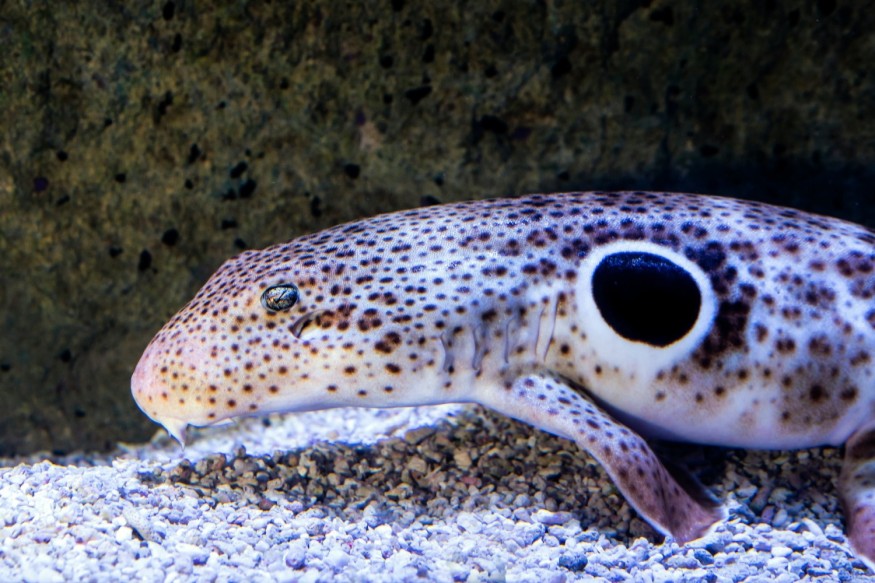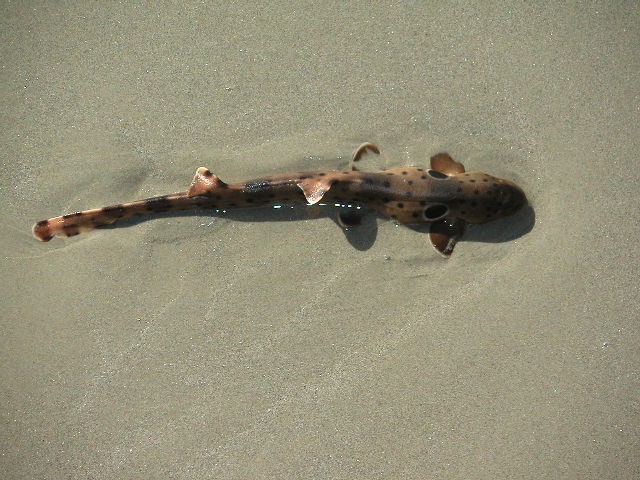According to studies, epaulette sharks may stroll on land for two hours. A kind of carpet shark is emerging to withstand climate catastrophe and warmer oceans better.

Sharks Leaning to Walk
A small but tenacious species of carpet shark with the unusual ability to walk on land is developing, according to researchers at a Florida university, to better withstand warmer oceans and climate catastrophe.
The epaulette shark can move up to 30 meters on dry land using its paddle-shaped fins and can endure hypoxia, or a lack of oxygen, for up to two hours. It is frequently found on shallow reefs in Australia and New Guinea.
According to Florida Atlantic University (FAU) biologists and their Australian study collaborators, these extraordinary skills allow reef-dwelling sharks to thrive in habitats that become more hostile as conditions change.
Key to Survival
According to the research published in the journal Integrative and Comparative Biology, "Such locomotor traits may not only be key to survival but also may be related to their sustained physiological performance under challenging environmental conditions, including those associated with climate change."
The research thus far "indicates that this species has adaptations to endure some of the difficult circumstances expected for the 21st century, but possibly not all of them."
According to Marianne Porter, professor of biomechanics at FAU's department of biological sciences, sharks have an outstanding capacity to cross land to go to more hospitable conditions that other species did not have.
Migratory Sharks

In reality, tidepools and coral reef environments are quite harsh, subjected to warm temperatures when the tide is out and a lot of changes, a lot of things happening when the tide comes in and goes out, she said. "You might not think of beautiful, tropical beaches as harsh, but in reality, tidepools and coral reef environments are pretty harsh," she said.
These little sharks can migrate from tidepool to tidepool, giving them access to fresh pools where they can hunt for prey or tidepools with more oxygenated water.
"Our Australian collaborators have discovered that they can endure the effects of climate change extremely effectively. These sharks are excellent beginning points for examining how various species and vertebrates, in general, may be impacted by the changing environmental circumstances. They may help us imagine what the future oceans may look like.
Not all shark species are ambulatory, including epaulettes. A species that uses its fins to "walk" through the ocean floor in pursuit of tiny fish and crustaceans were uncovered by Indonesian researchers in 2013.
At least nine species of sharks were found to use fins to travel in shallow water, according to a 2020 study conducted by scientists at the University of Queensland and worldwide collaborators.
On the other hand, epaulets are distinguished by their protracted tolerance for hypoxia and their capacity to travel up to 30 times their body length while remaining on land.
Agile Predators
Porter reported that their mobility and capacity to walk from one area to another are crucial.
According to the researchers, it allowed the sharks superior agility to avoid predators and go to locations with more food and less competition for it.
For more animal news, don't forget to follow Nature World News!
© 2025 NatureWorldNews.com All rights reserved. Do not reproduce without permission.





